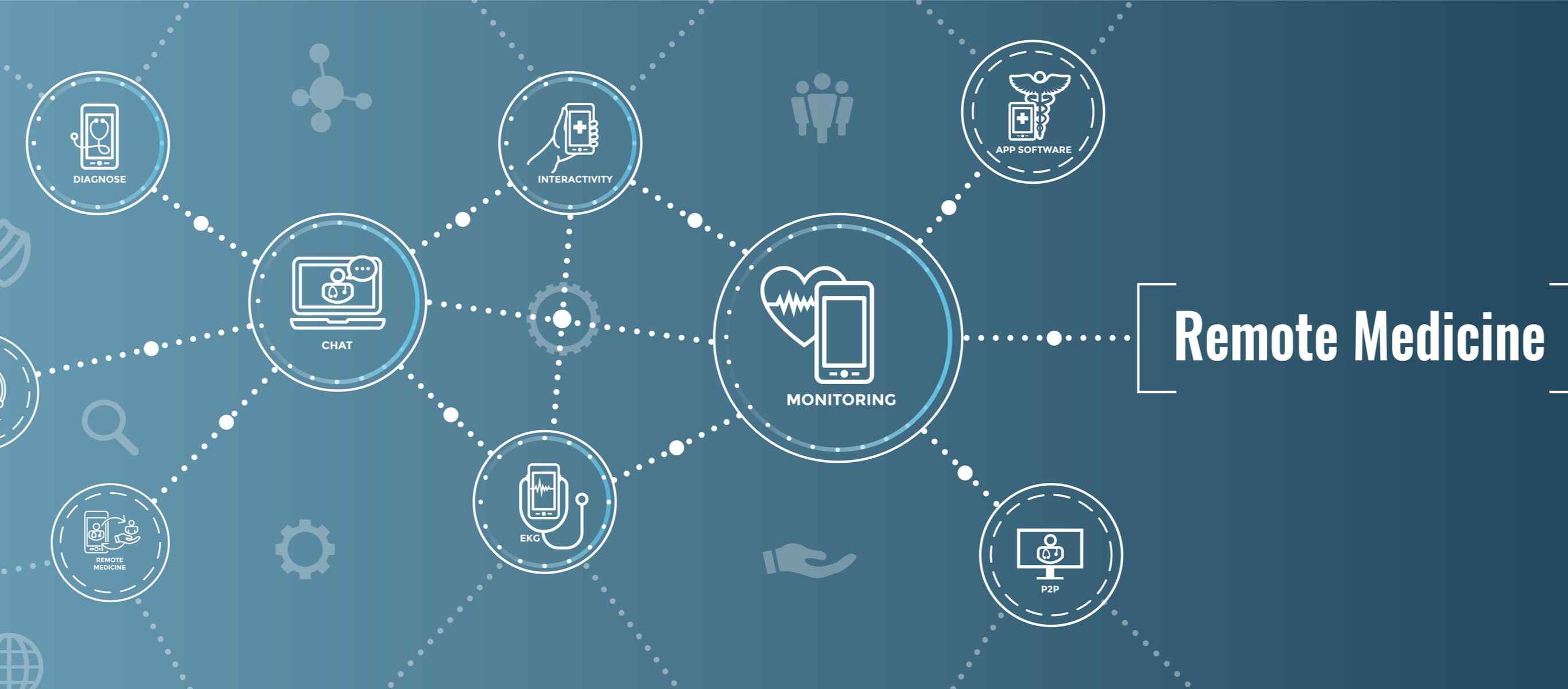
@ShahidNShah


This article is part of HealthLeaders' Mind the Gap series, a three-part exploration of how healthcare is bringing information, patients, care, and payment closer together. Read the other articles on automated prior authorizations and real-time drug benefits checks.
Yet another benefit of the pandemic's telehealth expansion is more hospital-at-home (HAH) and remote patient monitoring (RPM) programs. Integra Community Care Network, the accountable care organization (ACO) for Care New England Health System, is launching both in partnership with tech company Biofourmis. And with the Centers for Medicare & Medicaid Services (CMS) expanding HAH waiver eligibility and reimbursement parity beyond the COVID personal health emergency, look for more payviders and health systems to deliver at-home solutions.
The Integra HAH waiver program, per the Biofourmis press release, will " 'admit' patients to their homes instead of a medical facility for inpatient-level care." Data from wearable sensors connects with the company's FDA-cleared Biovitals Analytics Engine to monitor the status of Medicare patients, who will also be connected via tablets, video, and in-person home visits as needed.
Continue reading at healthleadersmedia.com
While the United States continues to wrestle with the consequences of the COVID-19 pandemic, one thing remains clear: the hospital staffing shortage is persistent. Press Ganey reports that 30% of RNs …
Connecting innovation decision makers to authoritative information, institutions, people and insights.
Medigy accurately delivers healthcare and technology information, news and insight from around the world.
Medigy surfaces the world's best crowdsourced health tech offerings with social interactions and peer reviews.
© 2025 Netspective Foundation, Inc. All Rights Reserved.
Built on Apr 22, 2025 at 4:40am